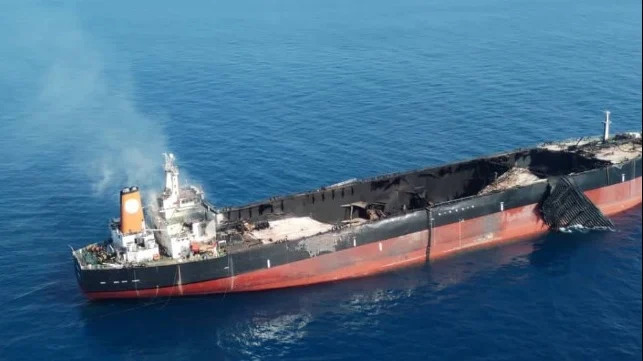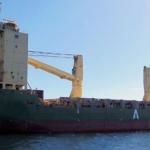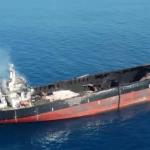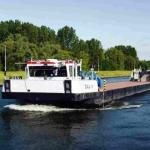Report: Singapore Sees Dramatic Jump in Detentions Due to Shadow Fleet
A growing array of participants from around the shipping industry are raising concerns about the increasing dangers as the shadow fleet of tankers continues to grow. Operating under flags of convenience, they are highlighting that these ships are following lax safety standards, are subject to minimal if any safety checks, and frequently are operating without proper insurance or supervision.
A new report from Bloomberg cites data from the Tokyo MOU on the growing number of ship detentions. Singapore’s Maritime & Port Authority resumed at full force its inspection programs in 2022 and according to the report has seen a dramatic increase in problems during its port state inspections. Last week, the MPA issued a statement following the explosion aboard a tanker near its port that was part of the shadow fleet, the Pablo, reminding all owners and operators of vessels calling at Singapore to comply with applicable requirements under international regulations and to ensure they were carrying valid certificates attesting that insurance or other financial security is in force.
As many as 33 vessels have failed safety checks and inspections in Singapore according to the report by Bloomberg. That was “the same as for the whole of the decade through 2019, according to figures from Tokyo MOU,” Bloomberg reports saying that in April 2023 alone Singapore detained nine vessels, “the most for any month since at least 2010.” Further, they calculate that Singapore only detained 28 vessels in all of 2022 and before the pandemic interrupted ship inspection the MPA’s peak was just seven detentions in one year.
Among the ships detained last month, was the Gabon-flagged crude oil tanker Lefkada (105,500 dwt), operated by Gatik Ship Management, the shipping company widely linked to the illicit Russian oil trade. Reuters reported that Lloyds was dropping class certification for 21 ships, roughly one-third of Gatik's 58-ship fleet, and that insurers were canceling coverage of the company’s ship. Singapore’s recent inspection of the Lefkada according to the Reuters report turned up issues with the maintenance as well as violations with the fire protection system and life-saving gear.
The MPA further highlighted in its recent statement that it is responsible for discharging Singapore’s obligations under the SOLAS and SAR Convention for the MSRR. As such, they reported they were notified when the Pablo exploded in the Singapore Maritime Search and Rescue Region (MSRR) but that it was not directly involved in that incident.
Dramatic images of the fire and explosions that tore the Pablo apart are being repeatedly cited as a demonstration of the growing dangers due to the shadow fleet. Allianz in its annual review of ship safety cited “the growth of the shadow oil tanker fleet” as the latest consequence of the Russian war in Ukraine to challenge shipowners, their crew, and insurers. Allianz cites reports estimating the size of the shadow fleet approaching 600 vessels noting that they are likely to be made up of older ships, operating under flags of convenience with lower maintenance standards. Justus Heinrich, Global Product Leader Marine Hull at AGCS said “The increase in their number is a worrying development, threatening the world fleet and the environment. A major incident can cause loss of life as well as uninsured damage or pollution.”
Global efforts are attempting to clamp down on shadow fleet, but until then Bloomberg highlights that state flag authorities such as Singapore and even China are taking the lead in increasing safety inspection in an attempt to prevent an environmental disaster as a result of the growth in the number of these ships.





